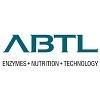
Protective matrix of acidifier for sustainable acidification in poultry to overcome antibiotic resistance
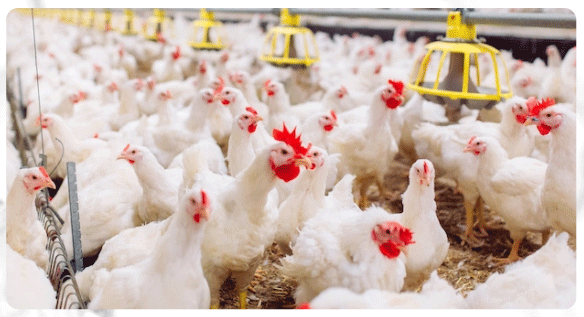
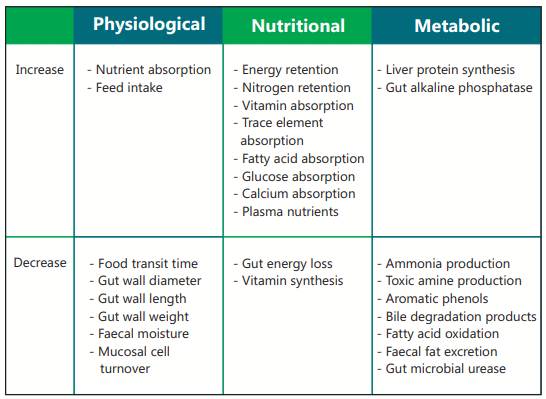
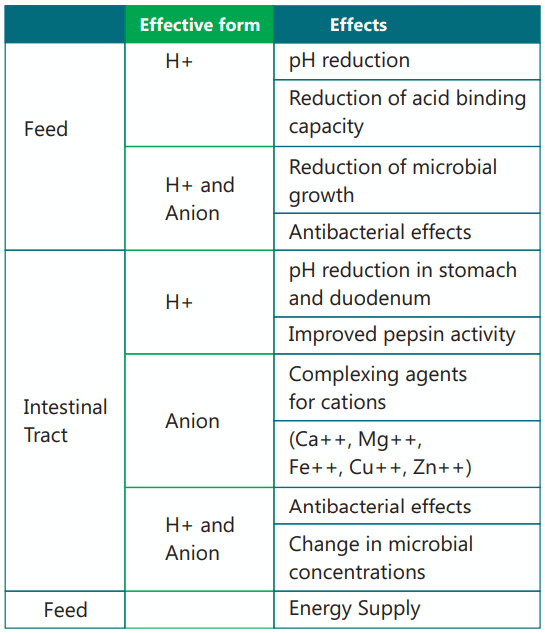
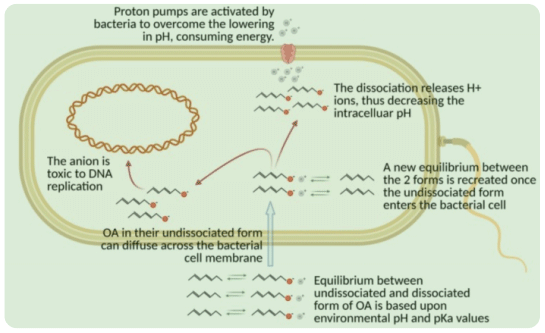
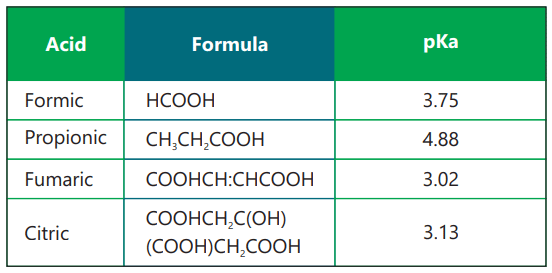
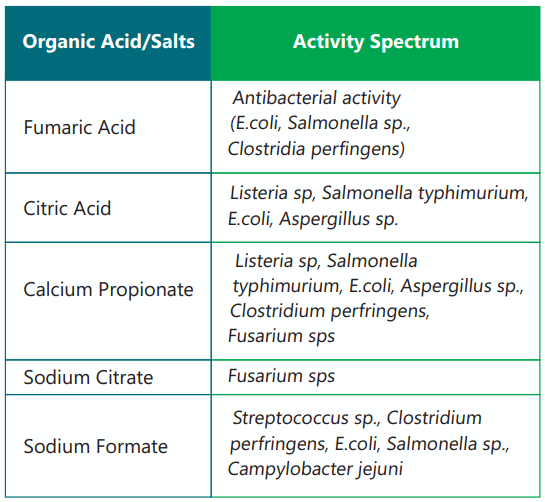
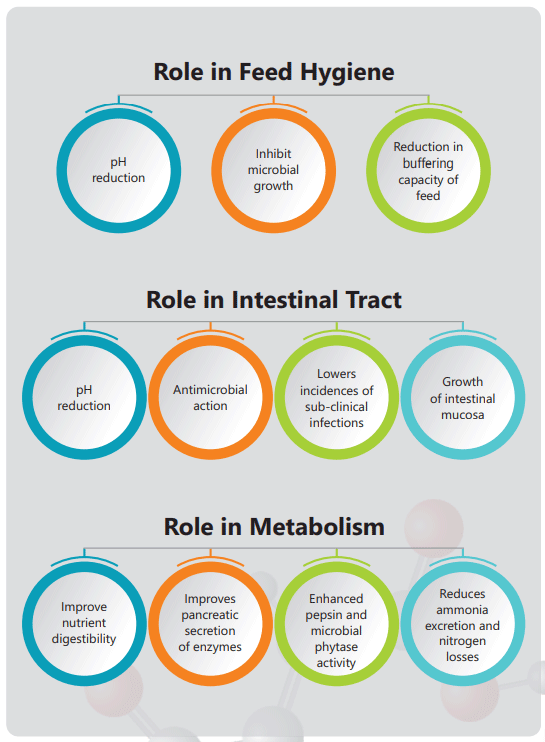
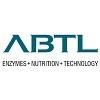
Dear Dr. Rajendra,
Thanks for your adequate feedback and clarifications.
I can't more than agree with some of your statements such as the feed preservation efficacy of propionic and formic acid: in fact "decontaminants" rather than "organic acids". And for sure, since decennia most industrial preservatives have been based on propionic and formic acid and their salts and are abundantly used. But these had always to be in "available" and "reactive" form. If out of the 1 to 4 kg dosage the majority will reach the intestine, then the decontamination effect in the feed, stomach might be neglectable.
Indeed formic acid with strong biocidal effect has been used to decontaminate raw materials and feed from pathogens, also for Salmonella, but once again all in active unprotected form and at significantly higher dosages. While the scientific world has come to a consensus that formic acid in the G.I.T. is promoting gene expression, attachment and invasion of Salmonella. It's easy to surf on internet for those publications. The last thing one should consider is to bring formic acid in the intestine. On top at the higher (intestinal) pH, formic is no more anti-bacterial (Lückstadt et Al)
Thanks for answering 2 of my 3 questions, the first one remaining open. During my 40+ years of professional career, I never came across a scientific study documenting synergy between organic acids and salts, the maximum obtained was some additivity.
Thanks for this information, interesting, but revealing a lot of questions or request for more detailed information.
1) Could you document the synergism between the organic acids and salts you are using in your product? Meaning each time the individual effect at the used level and then the various combinations?
2) What is the dosage you recommend and what is the level and concentration you are reaching in the small intestine via your protective matrix system?
3) Since the ingredients are protected and not soluble, does this mean that the product has no single activity in the feed and the stomach. Acidification of feed and stomach is essential.

The organic acids and their salts or simply acidifiers play an important role in gut health in animals. The acidifiers could be used to favourably manipulate the intestinal microbial populations, improve the immune response, and perform a bactericidal activity in countering pathogenic bacteria. Acidifiers also improve the digestibility and absorption of nutrients. However, their effect will not be similar among all types of organic acids as their mechanism of activity is based on its pKa value.
Acidifiers with their potent applications helps in improving nutrient digestibility, mineral utilization, meat quality, enhancing immunity, antimicrobial effects in countering pathogenic bacteria, boosting performance and production, and thus safeguarding health of birds.
Use ACIPLEX product of ABTL for optimized acidification to amplify growth performance of birds.
Features:-
1. A synergistically acting combination of organic acids and acid salts having non-corrosive and non-stringent properties.
2. Innovative acidifier, consisting of organic acids in a protective matrix that reduces the solubility of the acids, ensuring that they are released throughout the entire gastro-intestinal tract.
3. Safe and easy handling as well as fast and homogenous mixing in the feed.
4. No development of antibiotic resistance.
5. No withdrawal time.





